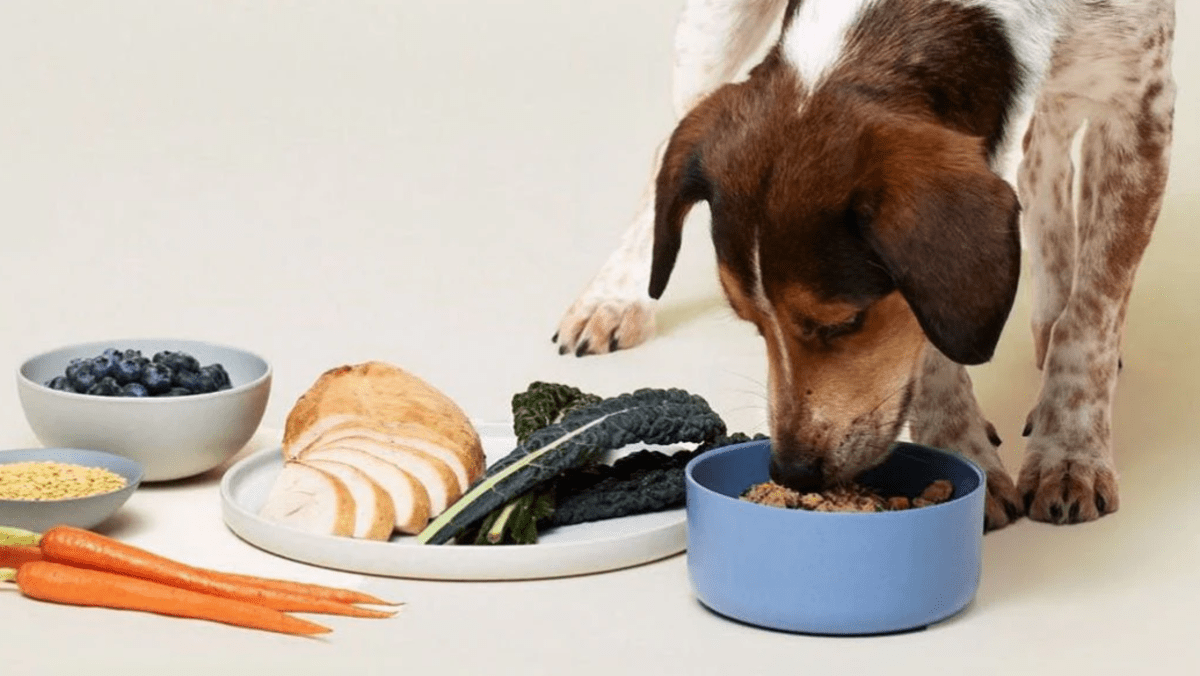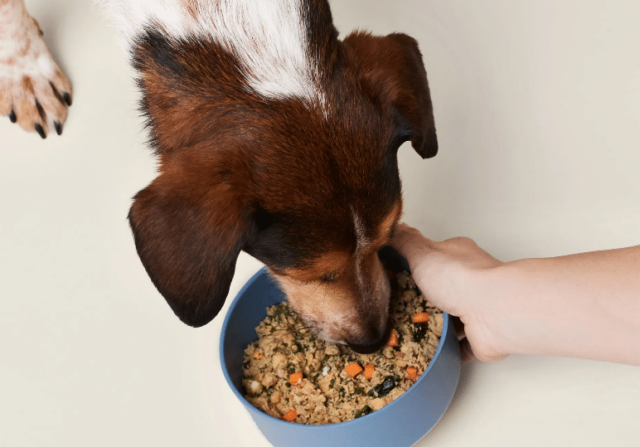As pup parents, we want our furry friends to live happy and healthy lives. Unfortunately, dog allergies are a common issue that can cause significant discomfort. From environmental allergens to food sensitivities, various factors can trigger allergic reactions in dogs. In this article, we’ll explore the best ways to relieve dog allergies, ensuring your pet’s well-being.
With a combination of dietary changes, natural remedies, and environmental control measures, you can help alleviate your dog’s symptoms and improve their quality of life.
Understanding Dog Allergies
Before diving into relief methods, it’s crucial to understand what causes allergies in dogs. Allergies occur when a dog’s immune system overreacts to substances known as allergens. Common allergens include:
- Environmental Allergens: Pollen, dust mites, mold spores, and grass.
- Food Allergens: Certain proteins found in meat, dairy, wheat, soy, and more.
- Flea Allergies: Saliva from flea bites.
- Contact Allergies: Reactions to shampoos, cleaning products, or materials like rubber and plastic.
Signs and Symptoms of Dog Allergies
The symptoms of dog allergies can vary depending on the type of allergy and the individual dog. Some common signs to watch for include:
- Excessive scratching, licking, or biting at the skin
- Redness, inflammation, or hot spots on the skin
- Hair loss or thinning coat
- Recurrent ear infections
- Runny/watery eyes or nose
- Sneezing or coughing
- Gastrointestinal issues (vomiting, diarrhea)
- Regular Cleaning Keeping your home clean can help minimize your dog’s exposure to allergens. Vacuum regularly, wash your dog’s bedding, and use pet-safe cleaning products.
- Flea Control Effective flea control is essential for dogs with flea allergies. Use veterinarian-recommended flea treatments and maintain a clean environment to prevent infestations.
- Allergen-Free Zones Create allergen-free zones in your home where your dog can escape from allergens. This can be particularly helpful during peak allergy seasons.
- Elimination Diet If you suspect your dog has food allergies, an elimination diet can help identify the culprit. This involves feeding your dog a novel protein (one they haven’t eaten before) and a carbohydrate source for 8-12 weeks. Gradually reintroduce other foods to pinpoint the allergen.
- High-Quality Dog Food Choose a dog food brand like Ollie, whose recipes feature single animal proteins, making it easier to avoid allergens. You can easily update your dog’s profile on their website to ensure all recommended foods are safe and allergen-free. Ollie’s human-grade ingredients and exclusion of common fillers like corn, soy, and wheat further reduce the risk of triggering food sensitivities. Additionally, their recipes are crafted under the guidance of a veterinary nutritionist to ensure safety and nutritional balance.
- Omega-3 Fatty Acids Omega-3 fatty acids are known for their anti-inflammatory properties. They help reduce itching and inflammation associated with allergies. You can find these in fish oil supplements or foods rich in omega-3s, like salmon.
- Quercetin Quercetin is a natural antihistamine found in fruits and vegetables. It helps block histamines that cause allergic reactions. You can supplement your dog’s diet with quercetin to manage allergy symptoms.
- Colostrum Colostrum, the first milk produced by mammals after giving birth, contains antibodies that support the immune system. Supplementing with colostrum can help build your dog’s immunity against allergens.
- Probiotics Probiotics support a healthy gut microbiome, which plays a crucial role in the immune system. A balanced gut can help reduce allergic reactions by improving overall health.
Environmental Control Measures
Dietary Changes to Alleviate Allergies
Natural Remedies for Dog Allergies
Reducing your dog’s allergy symptoms involves a multi-faceted approach, including natural remedies like Omega-3 fatty acids and probiotics; environmental measures like flea control and creating allergy-free zones within the home; and dietary changes, such as switching to a high-quality, filler-free diet like Ollie.
Relieving Your Dog’s Allergies One Bite At A Time
When managing your dog’s food allergies or sensitivities, Ollie makes the process simpler and safer. With their commitment to transparency and human-grade ingredients, Ollie offers a range of recipes tailored to meet the unique needs of dogs with food allergies. By allowing pet parents to customize their dog’s profile and inform Ollie of any allergies, they ensure that each meal is free from common allergens like corn, soy, and wheat. This attention to detail, combined with single animal protein recipes, reduces the risk of allergic reactions and provides peace of mind.
Ollie’s careful formulation, overseen by a veterinary nutritionist, guarantees that every meal is not only safe but also nutritionally balanced. For dogs that may benefit from grain-free diets, Ollie offers options without rice or grains, catering to pups with specific dietary needs. Whether your dog has a sensitivity to certain proteins or a general intolerance to common fillers, Ollie’s tailored approach helps relieve food-related allergy symptoms, making mealtime both enjoyable and worry-free.
Try Ollie now and save 60% off your pup’s first box!

Frequently Asked Questions About Dog Allergies
Q: Can dogs develop allergies later in life?
A: Yes, dogs can develop allergies at any age. It’s essential to monitor your dog for any new symptoms and seek veterinary advice if you suspect allergies.
Q: Are some dog breeds more prone to allergies?
A: Yes, certain breeds like Bulldogs, Retrievers, and Terriers are more prone to allergies. However, any dog can develop allergies regardless of breed.
Q: Can allergies cause behavioral changes in dogs?
A: Yes, allergies can cause discomfort and irritability, leading to behavioral changes. Addressing the underlying allergies can help improve your dog’s overall behavior and mood.
Q: What is the most common type of allergy in dogs?
A: Atopic dermatitis (environmental allergies) is the most common type of allergy in dogs.
Q: How can I tell if my dog has allergies?
A: Look for signs like excessive scratching, redness, hair loss, ear infections, and gastrointestinal issues.
Q: Can food allergies have symptoms other than vomiting and/or diarrhea?
A: Yes, food allergies in dogs can also cause symptoms like itching, ear infections, skin rashes, and chronic paw licking.
Q: Is there a cure for dog allergies?
A: While there is no cure, allergies can be effectively managed with various treatment options.
Q: Can I give my dog human allergy medication?
A: No, never give your dog human allergy medication without consulting your veterinarian. Some medications can be toxic to dogs.
Q: How long does it take to see improvement in my dog’s allergies?
A: The time it takes to see improvement varies depending on the severity of the allergies and the treatment used. Some dogs may show improvement within a few days, while others may take several weeks to respond.
Q: What should I do if I suspect my dog has allergies?
A: The best course of action is to schedule an appointment with your veterinarian for a proper diagnosis and treatment plan.










